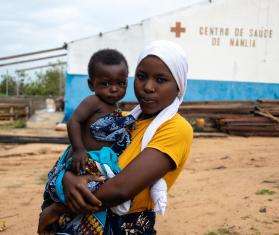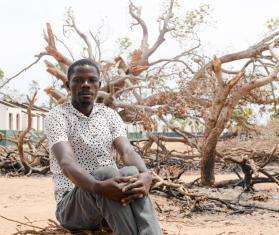=
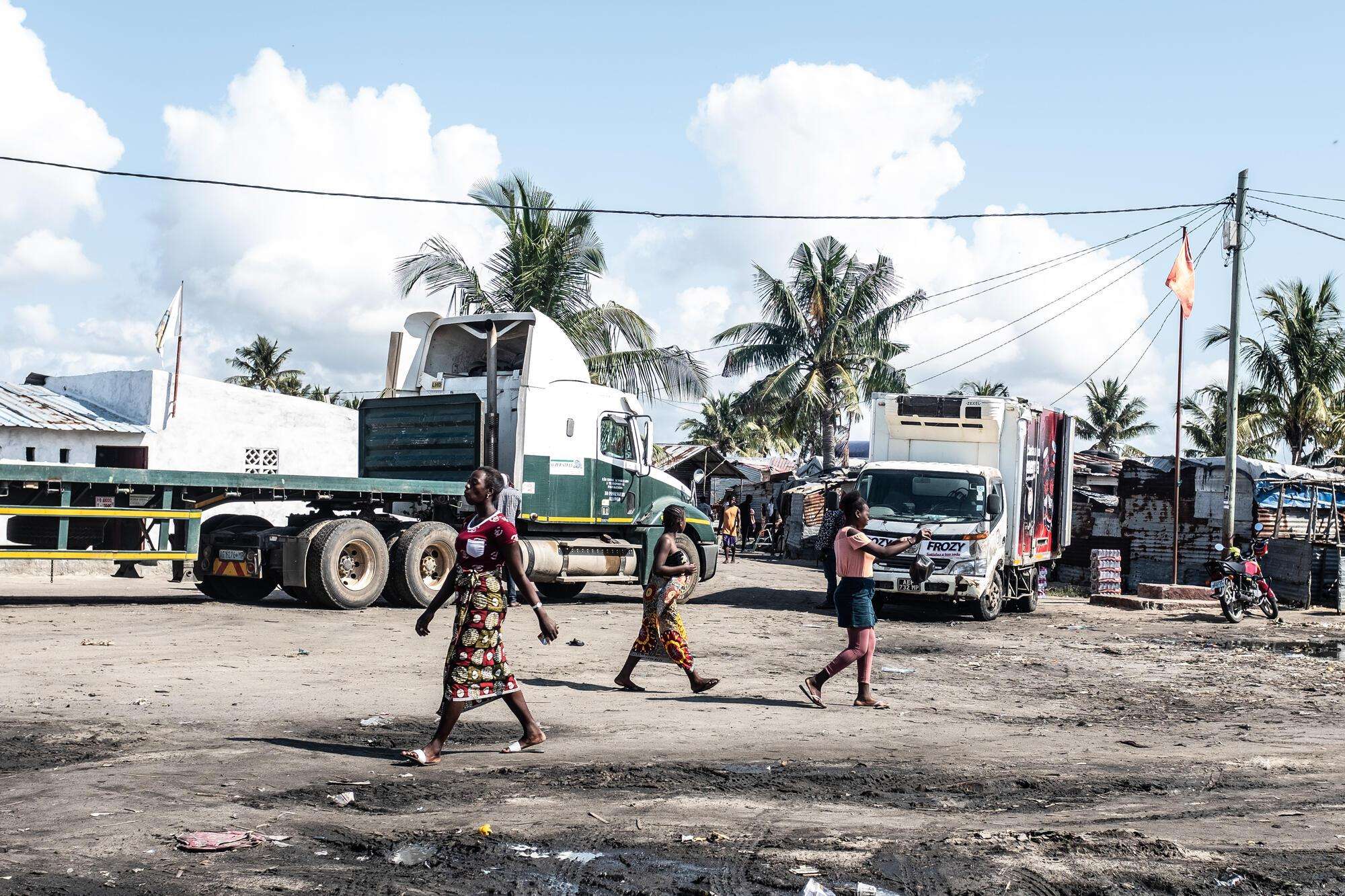
Mozambique 2023 © Miora Rajaonary
Mozambique
Responding to disease outbreaks, providing care to people with advanced HIV, and addressing the needs of people displaced by conflict in Cabo-Delgado province.
Our work in Mozambique
Doctors Without Borders/Médecins Sans Frontières (MSF) has been working in Mozambique for 40 years, filling crucial health care gaps, such as in treatment for HIV, and assisting people affected by conflict and natural hazards.
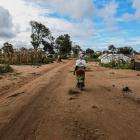
What's happening in Mozambique?
In Cabo Delgado province, where about 580,000 people remained displaced due to ongoing conflict and unrest, our teams continued to provide health care through community-based activities and support to health facilities in the districts of Palma, Mocímboa da Praia, Macomia, Mueda, Muidumbe, and Nangade.
In May 2024, Macomia was attacked by an armed group; MSF’s warehouse was looted and our cars stolen. This attack and the increased insecurity forced us to suspend our work in Macomia town, temporarily cease running our mobile clinics and outreach activities in the district, and reduce some services in other areas of Cabo Delgado.
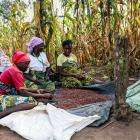
How we're helping in Mozambique
In December, following the devastation caused by Cyclone Chido that affected over 680,000 people, we launched an emergency response in the Mecufi and Nanlia districts of northern Mozambique. Our response focused on providing lifesaving emergency health care, mental health support, rehabilitating damaged health facilities, and restoring essential water, sanitation, and hygiene services.
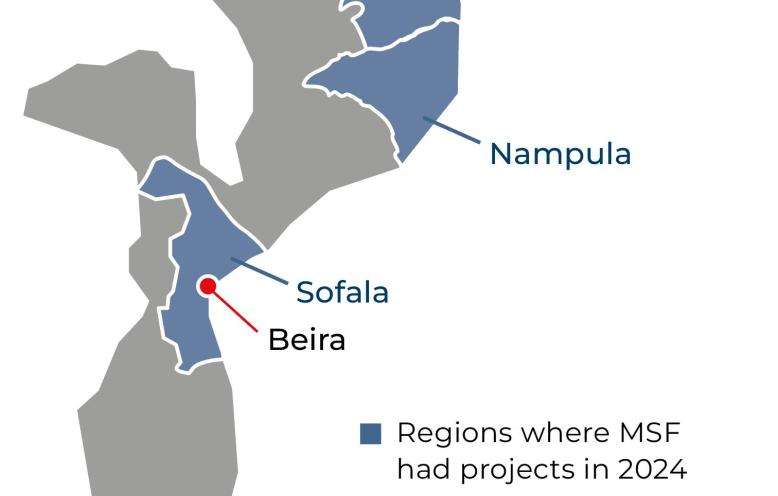
How we're helping
201,100
Outpatient consultations
113,000
Malaria cases treated
6,010
Individual mental health consultations
370
People receiving HIV antiretroviral treatment
*Data from MSF International Activity Report 2024
More news and stories
Learn about MSF’s journalistic roots and our commitment to bear witness and speak out about the plight of the people we treat.
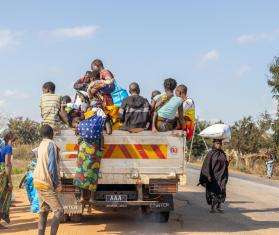
Story Aug 20, 2025
“This conflict feels endless”: Mass displacement surges in northern Mo...
Read moreLearn about MSF’s journalistic roots and our commitment to bear witness and speak out about the plight of the people we treat.
